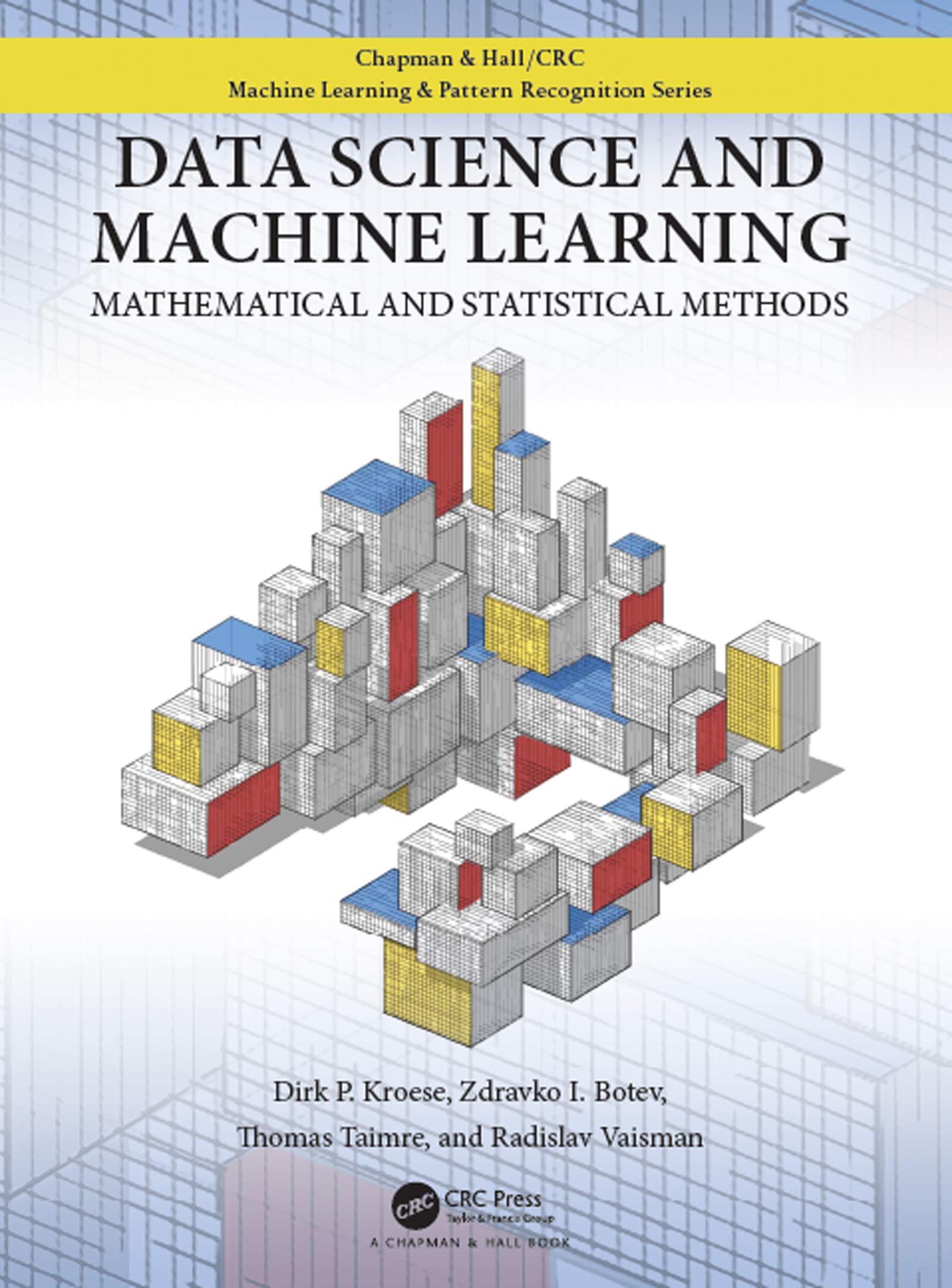Let (boldsymbol{X}:=left[X_{1} ldots, X_{n} ight]^{top}) and (boldsymbol{mu}:=left[mu_{1}, ldots mu_{n} ight]^{top}). In the fundamental Theorem C.9, we use
Question:
Let \(\boldsymbol{X}:=\left[X_{1} \ldots, X_{n}\right]^{\top}\) and \(\boldsymbol{\mu}:=\left[\mu_{1}, \ldots \mu_{n}\right]^{\top}\). In the fundamental Theorem C.9, we use the fact that if \(X_{i} \sim \mathscr{N}\left(\mu_{i}, 1\right), i=1, \ldots, n\) are independent, then \(\|X\|^{2}\) has (per definition) a noncentral \(\mathscr{X}_{n}^{2}\) distribution. Show that \(\|\boldsymbol{X}\|^{2}\) has moment generating function
\[ \frac{\mathrm{e}^{t|\mu|^{2} /(1-2 t)}}{(1-2 t)^{n / 2}}, t<1 / 2 \]
and so the distribution of \(\|\boldsymbol{X}\|^{2}\) depends on \(\boldsymbol{\mu}\) only through the norm \(\|\boldsymbol{\mu}\|\).
Step by Step Answer:

Data Science And Machine Learning Mathematical And Statistical Methods
ISBN: 9781118710852
1st Edition
Authors: Dirk P. Kroese, Thomas Taimre, Radislav Vaisman, Zdravko Botev





